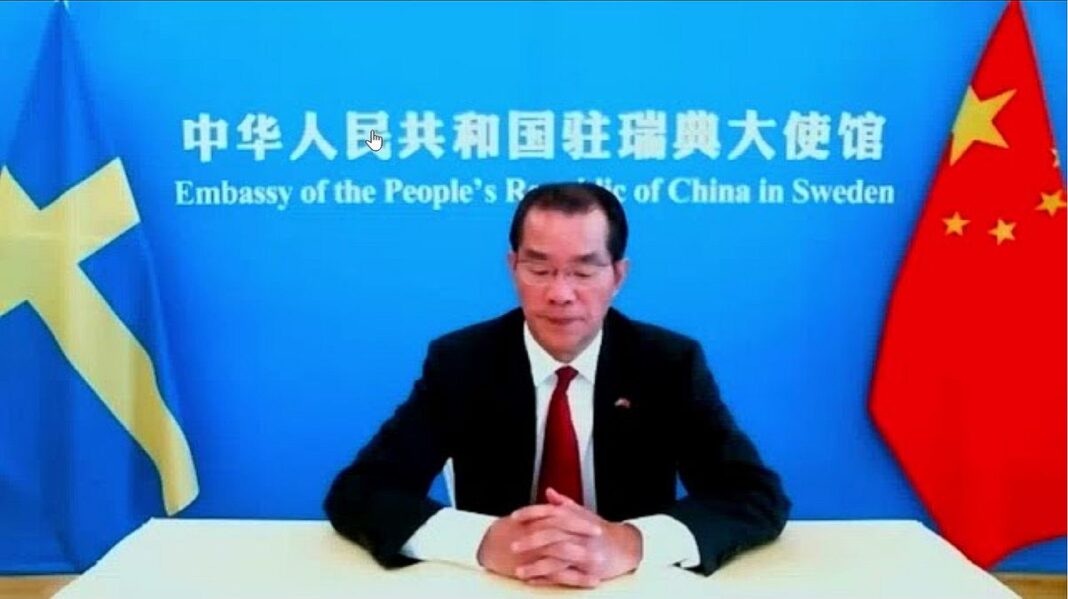
Despite Beijing’s sweeping efforts to impose its own authoritarian model onto the free world, its biggest enemy is itself, according to a French government-affiliated think tank.
The findings came from a nearly 650-page French-language report titled “Chinese Influence Operations” from the Institute for Strategic Studies of Military Schools (IRSEM), an independent agency affiliated with the French Ministry of Armed Forces.
Beijing is isolating itself on the world stage after taking an aggressive turn on the diplomatic front in recent years, said the report released earlier this week. This behavior has sparked rising blowback even from countries traditionally on friendly terms with the Chinese regime.
China’s relations with the West has markedly deteriorated around 2017, the report said.
A notable instance is Sweden, which had been the first Western country to establish diplomatic relations with the regime after the Chinese Communist Party took control of China.
While Beijing had enjoyed relatively favorable public opinion in Sweden, the turning point began with the appointment of a new Chinese ambassador, Gui Congyou, in 2017, according to the report.
Gui’s provocative rhetoric—threatening Swedish officials not to attend an award ceremony for detained Chinese dissident, criticizing local media that reported critically on China, and pressuring a Stockholm hotel to cancel a Taiwanese National Day celebration—had been “disastrous,” the report said. Sweden’s foreign ministry summoned Gui around 40 times since his arrival in 2017. The country’s parliamentarians had requested his expulsion twice. China’s public rating also plummeted, with 80 percent of Swedes now holding negative views of China, compared to less than half four years ago.
In Australia, where China accounts for nearly a third of its export earnings, the mood has also been shifting against the communist regime.
Beijing’s retaliatory trade sanctions on Canberra for calling for an independent virus origin probe last year has only been met with increased resistance against Chinese influence, including in academia. Meanwhile, Australia passed a law in December 2020 to place extra hurdles for Chinese-linked firms wishing to acquire Australian assets.
By Eva Fu








